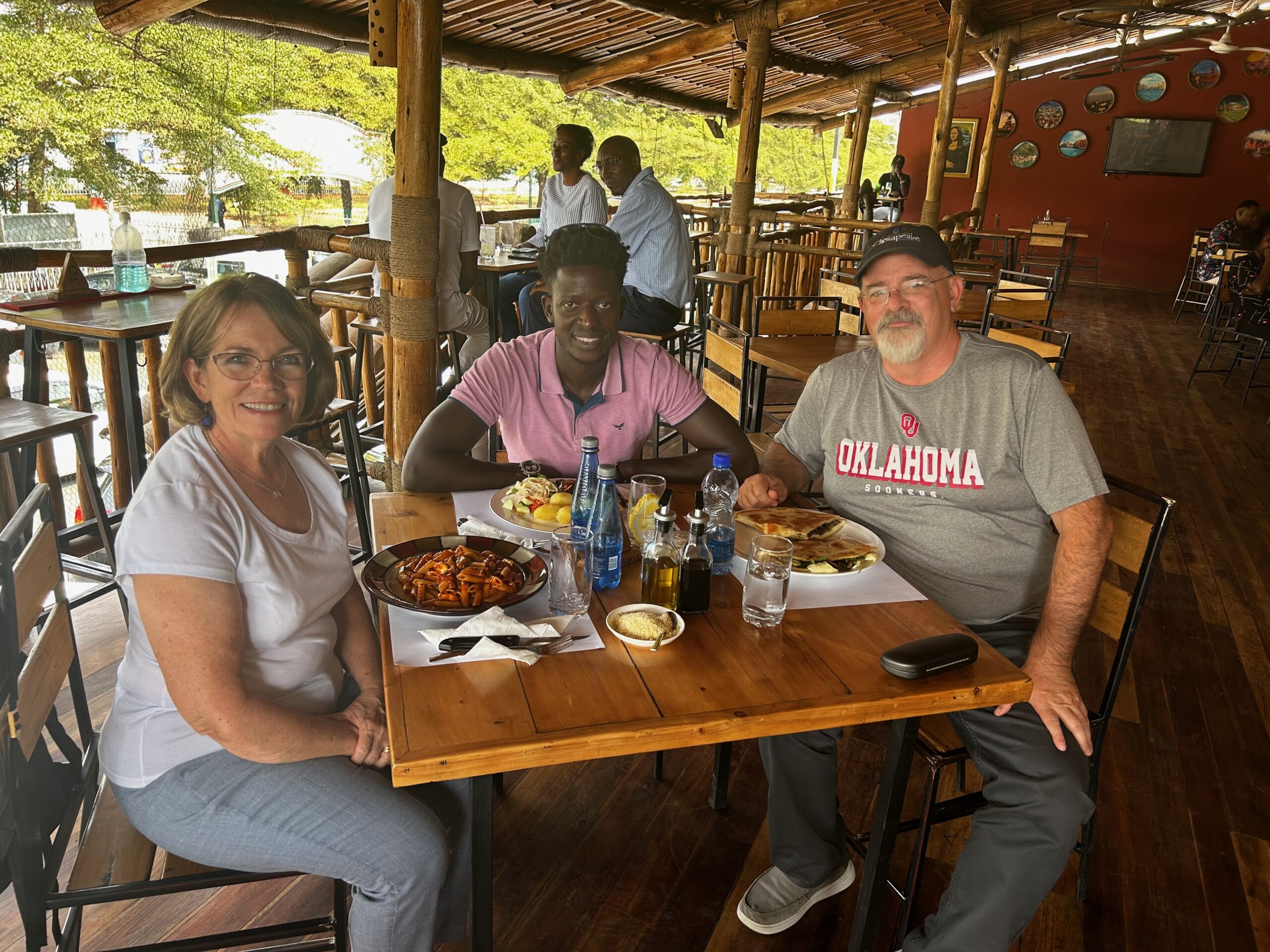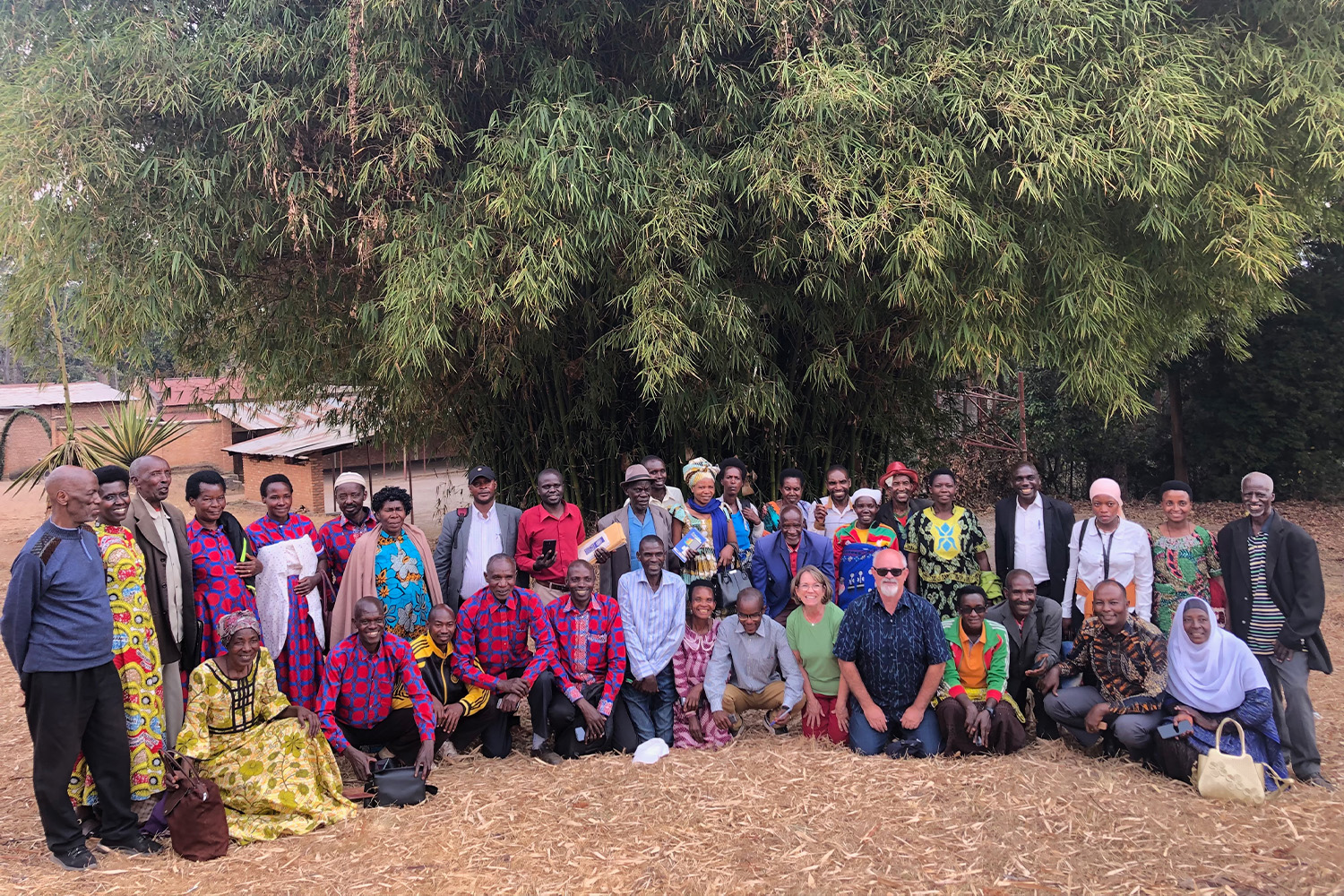Burundi
At Tapestry, we partner with local organizations and leaders in service and strategic problem solving within their communities. What could that look like for you and your organization?
Projects in Burundi
Collaboration Conference
A conference for like-minded NGOs who are working in Burundi to learn of each other’s work. Conference is to focus on the “why” of what we do rather than the “what” in order to promote collaboration and not competition.
Low Fuel Cooking Methods
Compressed Soil Blocks
Development Fund
A fund to make strategic investments in capacity building projects in multiple sectors including: transportation, particularly the movement of farm products to market; micro-finance institutions, particularly those that do so as part of their community development efforts; energy, particularly those projects that address fuel scarcity or reduce the dependence on wood and charcoal; grain milling, particularly those projects that support the production of nutrition rich porridge. These investments are unlikely to generate a risk appropriate return but many will replenish some level of investment funds thus reducing the need for on-going investment.
Hope Africa University, University Lumiere de Bujumbura, Oklahoma State University, and Tapestry International
A collaboration around the topic of agriculture and related public health issues (e.g., malnutrition). The collaboration is to focus on developing institutional capabilities within these universities and related institutions to develop implementable solutions for these issues.
Agricultural Methods Demonstration Plot
This would be done at PTI and would serve to demonstrate the techniques developed by the university collaboration but in an additional practical manner of training theology/pastor students on practical ways to feed their families and train their church members as they go serve (i.e., train them in a practical, reproducible, bi-vocational approach).
Computer Technology Lab
Train locals on how to build PCs. This would be expanded to how to potentially how to refurbish laptops and how to program Raspberry Pi devices as micro PCs and as automation devices. (Peter Nagy is the technical brains behind this).
Ginger-Growing
This is an agricultural development project in southern Burundi.
Batwa Product Sales
This is a project to help the poorest of the poor, the Batwa, to find markets for their products (pots, baskets, etc.).
Pastoral, Theological, and Individual Training
Our solution provides a wide range of tools, features, and functionalities to help your sales organisation.
Open a Cooperative to Support Trainings, Trips, etc.
Gakwende Orphanage for Disabled Children
Work with this orphanage to find ways to help them create programs so that their children are self-sustainable upon graduation and that the orphanage itself can be more self-sustainable.
Kiremba Orphanage for Children Orphaned by Maternal Mortality Events
Work with this orphanage to help them create programs to respond to emergency support needs; provide an environment that results in thriving children during this critical stage of development; develop programs for returning these children to their families in a manner where both the child and the family continue to thrive; to help this orphanage engage in the issues that create maternal mortality; and to help the orphanage itself become more self-sustainable.
About Burundi
Burundi’s population of approximately 13 million people is primarily composed of three tribes: Hutu (85%), Tutsi (15%), and a small minority population of Twa (less than 1%) which have inhabited this region for at least 500 years. Several hundred thousand Burundians (exact number estimates vary widely, generally ranging from under 100,000 to as many as 500,000 people) are characterized as refugees residing in neighboring Rwanda and Tanzania.
Burundi


This joint work of Tapestry International (USA) and Partners Trust International (Burundi) is a strategic master plan from which further activity level plans will be developed. Burundi, Africa, is the poorest country on the Earth. Tapestry’s work with organizations and individuals in this country are framed by six guiding principles:
1) Engage with local partners and local stakeholders
2) Create Reproducible Capacity Not Dependence with each activity undertaken
3) Embed the principles of Reconciliation as a foundation for each activity undertaken
4) Measure each activity undertaken in order to Learn, modify, and improve future activities as well as to promote learning as a part of leadership development
5) Recognize the role of the individual and the economic systems that best utilize the power of the individual in creating a society that Prospers and Thrives
6) Adopt World Class Standards for measuring success.
Additionally, the role of the Burundian Christian church is recognized in its prevalence across all of Burundi society and the value it brings as a partner in the holistic development of Burundi.
